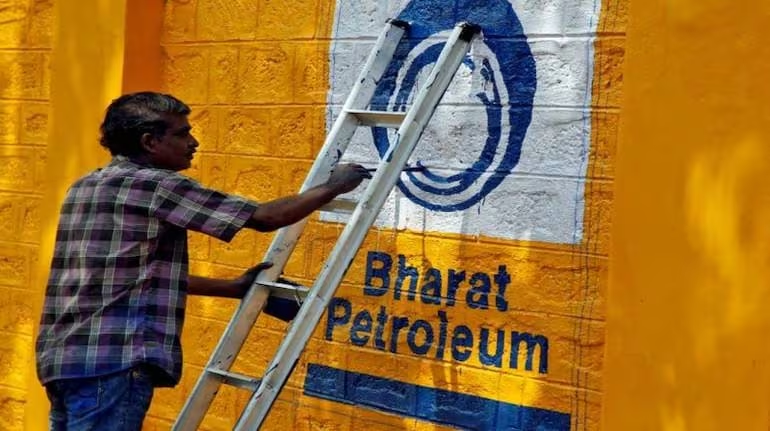1 July 2024 Punjab Khabarnama : Bharat Petroleum Corporation Limited (BPCL) is considering setting up a new refinery in Uttar Pradesh’s Prayagraj, a senior oil ministry official told Moneycontrol.
The state-run oil marketing company (OMC) is evaluating various aspects, including the throughput of the refinery and availability of feedstock, the ministry official added.
“BPCL is working on the DFR (detailed feasibility report) for the project. Setting up a refinery in Uttar Pradesh would provide for a big market for the company,” the official said.
Another official in the know said the proposal is at an early stage of discussion at BPCL. The company is evaluating the viability of the project, given that transporting crude to Prayagraj will push up the cost of procurement.
Queries sent to BPCL remain unanswered at the time of publishing.
Petroleum and Natural Gas Minister Hardeep Singh Puri, while taking charge of the ministry under the NDA-government on June 11, had told reporters that BPCL’s plans to set up greenfield refineries amid rising demand in the country are at an advanced stage. Asked about the timeline and location of the new refinery, Puri said it was too early to provide specific information about the refinery.
In 2022, the Deputy Chief Minister of UP, Keshav Prasad Maurya, had said that an oil refinery would be set up in Prayagraj, adding that land for the refinery had already been acquired and the proposal would be sent to the union petroleum ministry.
However, whether the new BPCL refinery is the same as that announced earlier by the UP government remains unclear. A June 11 Economic Times report had said that BPCL is setting up a 12 MMTPA (million metric tonnes per annum) refinery at an estimated cost of Rs 50,000 crore, and evaluating locations in three states — Andhra Pradesh, Uttar Pradesh, and Gujarat.
Bharat Petroleum currently runs three refineries, in Mumbai, Kochi, and Bina, in Madhya Pradesh. About the company’s expansion plans, the Chairman and Managing Director, G Krishnakumar, has earlier said that BPCL plans to invest Rs 1.7 lakh crore over the next five years in the core oil refining, fuel marketing, petrochemical, and clean energy businesses.
Of the total investment, the company has earmarked Rs 75,000 crore for refineries and petrochemicals, Rs 8,000 crore for pipeline projects, and Rs 20,000 crore for its marketing business. BPCL has planned an investment of Rs 25,000 crore for its gas business, Rs 10,000 crore for green energy, and Rs 32,000 crore in upstream production, mainly in Mozambique and Brazil.
Focus on increasing capacity
Considering the rising energy demand in India, several oil companies—primarily OMCs — are in the process of expanding the capacity of their refineries.
State-run Indian Oil Corporation Limited (IOCL), which has the largest refining capacity in the country, is expanding the capacity of its refinery in Panipat, Haryana, to 25 MMTPA, from 15 MMTPA.
Similarly, in May 2023, BPCL also announced the capacity expansion of its refinery in Bina, to 11 MMTPA, from 7.8 MMTPA currently.
In order to achieve the aim of increasing India’s refining capacity to 450 MMTPA by 2030 from around 250 MMTPA currently, HPCL, in 2023, announced the setting up of a new oil refinery in Rajasthan’s Barmer with a capacity of nine MMTPA. The HPCL refinery is expected to be commissioned in January 2025.
Rising petchem demand
In recent years, India has witnessed robust fuel consumption, with the country’s demand for FY2023-24 reaching a record high of 233.27 million tonnes, up from 223.02 million tonnes in the previous year, an increase of about five percent.
To meet the rising domestic demand, the government has been pushing to increase the country’s refining capacity and commissioning new oil refineries. After the OMCs failed to set up a 60 MMTPA refinery in Ratnagiri in Maharashtra, Puri, in May 2023, said the country needs to set up smaller refineries to avoid issues such as land acquisition.
According to a recent report by S&P Global Commodity Insights, India’s petrochemical demand is expected to grow around 8 percent in 2024, surpassing the country’s economic growth rate.

